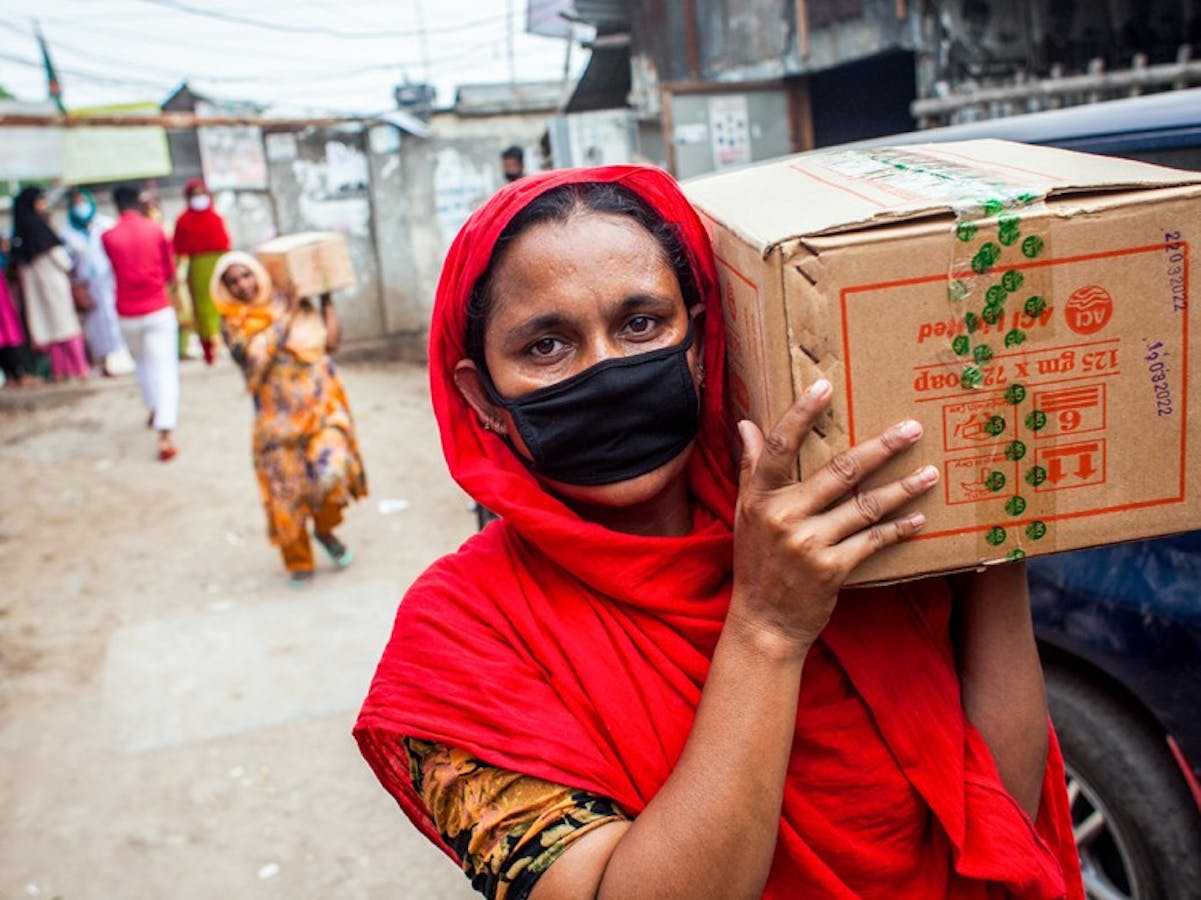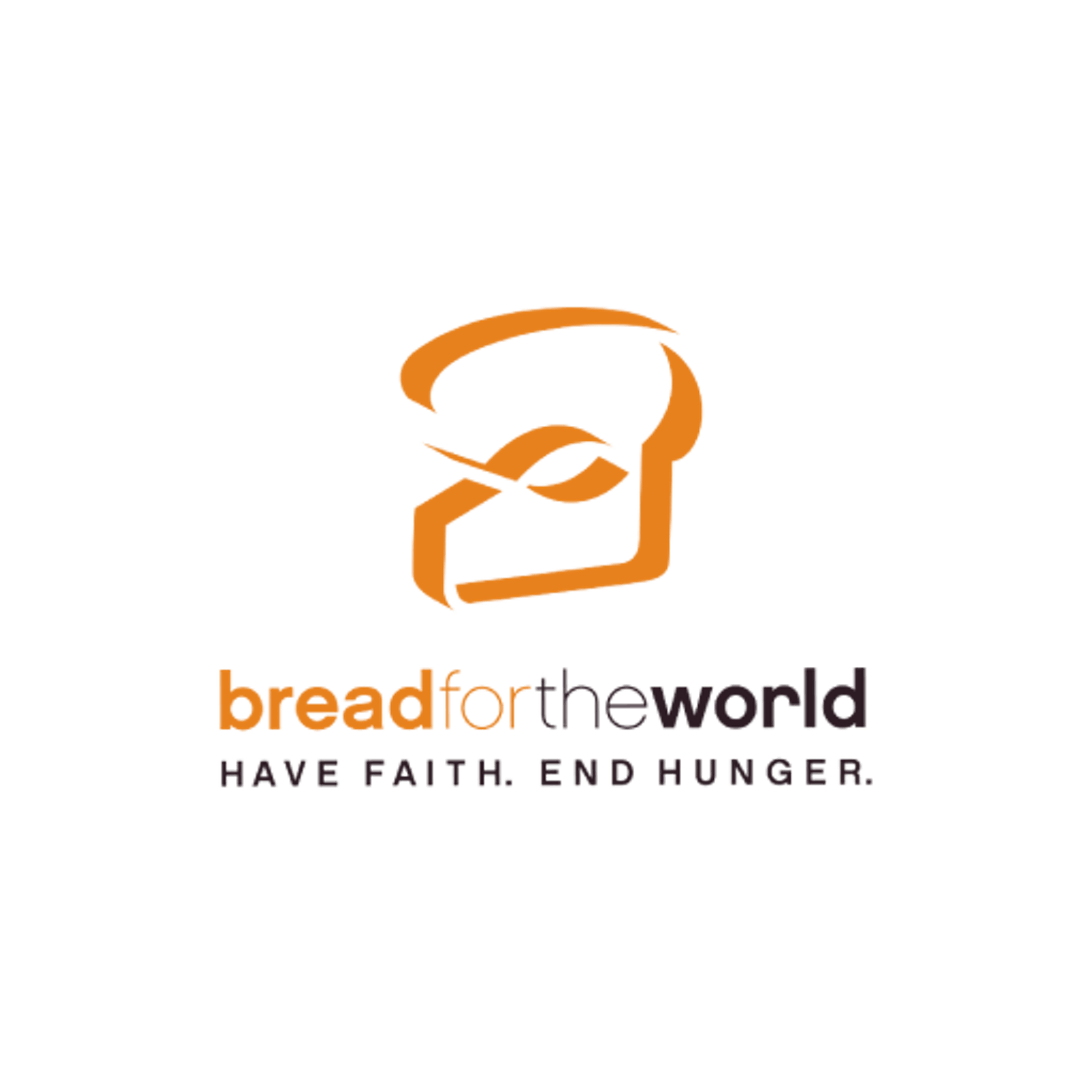The COVID-19 pandemic has increased hunger significantly, with as many as 161 million additional people facing hunger in 2020 than a year before.
One reason is the sudden halt of most global economic activity. Billions of people were unable to go to work as the world went into quarantine in an effort to avoid further spread of the virus. Large numbers of people lost their incomes from formal-sector jobs, and farmers in many parts of world were unable to travel to their fields to tend crops.
The strains on healthcare systems also led to increased hunger and malnutrition. Resources had to be diverted from other health concerns to treating COVID patients. One result was that vital services for young children and pregnant women, such as vaccinations against childhood diseases and vitamin and mineral supplements, were unavailable to many.
Many low- and middle-income countries simply do not have the resources to mount a response to the pandemic like the ones seen in higher-income countries such as the United States. People have often been left to cope with severe economic and health impacts on their own.
One among several reasons that countries don’t have the resources they need to recover from the pandemic is that too many have unsustainable debt levels. Some debts are owed to international financial institutions such as the International Monetary Fund (IMF), others to private sector entities. Paying interest on these debts consumes funds that low- and middle-income countries urgently need to cover needs arising from the pandemic.
Last month, the IMF issued a new allocation of Special Drawing Rights (SDRs), with $274 billion worth of SDRs going to low- and middle-income countries. SDRs are essentially a line of credit that the IMF offers its member countries. They can be exchanged for cash and the funds used for any purpose, including administering COVID-19 vaccines, treating children with malnutrition, providing families with food packages, and establishing and extending social protection programs.
Over the past several months, Bread for the World joined with our coalition partners to urge the U.S. government to support a new allocation of SDRs. Bread for the World’s policy memo to the Biden-Harris administration emphasized a new issuance of SDRs as a critical component of a comprehensive global COVID-19 response plan.
As a member of the Steering Committee of the IFI Working Group, Bread for the World also offered the Treasury Department more detailed information and specific points in support of the new SDR allocation. It included ways for U.S. international assistance to support IFIs in a proposed policy package that included a new issuance of SDRs.
In addition, Bread, along with more than 250 other organizations and individuals, advocated at the global level by signing Jubilee USA’s letter to the G20 group of industrialized nations. The letter called for prompt approval of an SDR allocation to support countries’ crisis response and recovery efforts.
This recent work on global financial policy continues Bread’s longstanding work on debt relief and other fiscal initiatives that provide support to efforts to end hunger. Perhaps most notably, Bread members worked to secure billions of dollars in debt relief as part of the Proclaim Jubilee 2000 effort and the Highly Indebted Poor Countries (HIPC) initiatives. Countries with unsustainable debt burdens were able to reallocate money previously spent on debt service to health and education.
Now, with access to $274 billion in financial resources they did not have before, lower-income countries will be better able to stave off future financial crises and invest in COVID-19 response and recovery initiatives such as food and nutrition assistance.
This is one example of the behind-the-scenes work that Bread for the World does, day in and day out, year after year, to win U.S. government policy change that works for people experiencing hunger and poverty.

